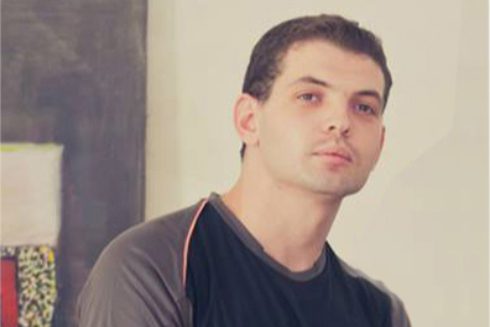5 Tips on Writing: With Yevgeny Blinov
Hi, my name is Yevgeny. I’m a narrative designer and a game designer, with over 6 years of experience in the industry. Previously a screenwriter. My experience also includes level design and quest design as well. The rapidly changing realities of the gaming industry and the (usually) small teams often made me wear multiple hats. And I’m grateful for any broad experience I could obtain along my journey.
For me, video games are more than just escapism or power fantasies. They are worlds, universes, different realities. Since I remember playing games, I have always sought fantasy worlds to explore, learn, and talk about. The more I grew up, the more I felt the urge to create such worlds of my own. Not just create, but also let players create their own stories within them
Hooking Your Audience
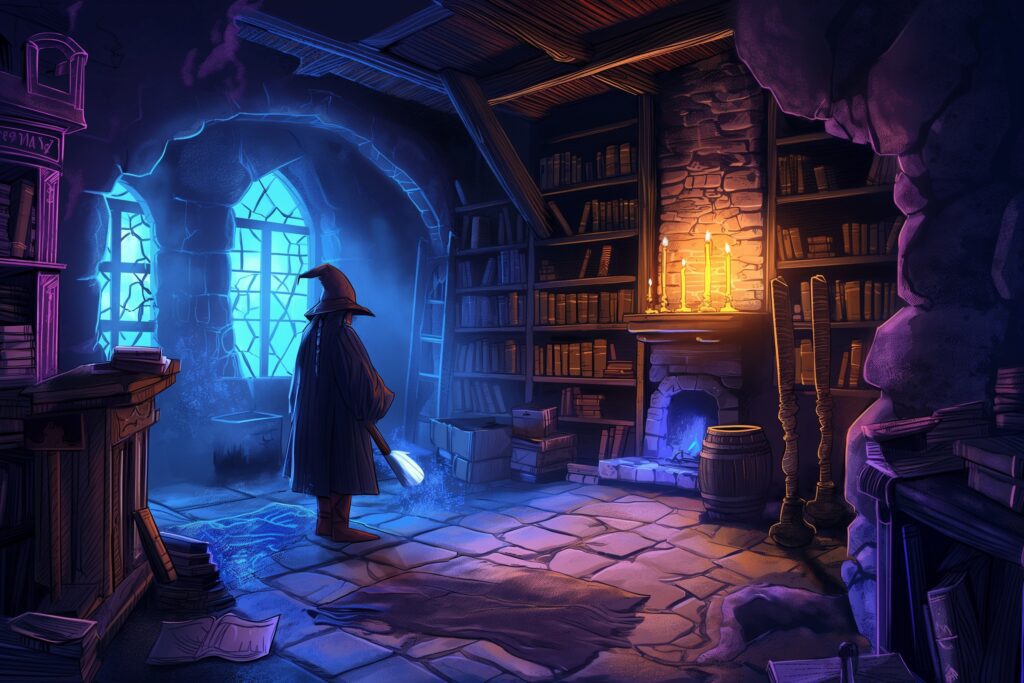
I would say there are multiple ways to hook a player. The answer to which way works best for your story is what your audience is looking for in your story to begin with. They came here for some experience, right? Give them a taste of that experience at its peak level.
Is your game about pirates searching for an ancient treasure? Put them in front of the treasure and send a Kraken against them. Is your game a horror? Put your hero in a dark dungeon and fill it with nightmares hunting them. Is your game a story-driven RPG? Have your hero defend a village from evil creatures. Give your audience a promise of the experience they will be having throughout the journey.
And, of course, establish the anchor of the story – characters, goals, conflicts, stakes, and setting. The hook doesn’t have to capitalize on the main character, by the way. It can introduce the antagonist or the ‘thing’ your story is about.
Mastering Plot Development
Ideally, the plot derives from the main character’s attempts to achieve their goals – the character encounters an obstacle, attempts to solve it, fails, learns something, tries again, succeeds, etc. But in game development, unless you are a solo indie dev, the plot does not depend on the writer alone. There are game design needs that affect the plot – learning curve, introduction of features, balancing, production constraints, and whatnot.
As a writer, you will often have to adapt your plot to decisions that interfere with your vision. You planned to add a character as a friendly NPC in Act 2, but the lead game designer decided to add it as a playable character in the middle of Act 1. You planned a dramatic cutscene, but the studio wouldn’t approve the budget for it. And that means you will have to re-write your story (or a specific subplot).
That’s not to say you have no agency. After all, as a writer, and as a narrative designer, it is your call to give this game a soul. If you believe that cutscene is a strong narrative beat, state your reasons. If you believe that character is important, do not be afraid to dispute production decisions. But do not fight solely for your version of your ideas. Collaborate with other writers, artists, with game designers. See how you can improve your concepts and adapt them to meet their artistic vision (and production needs).
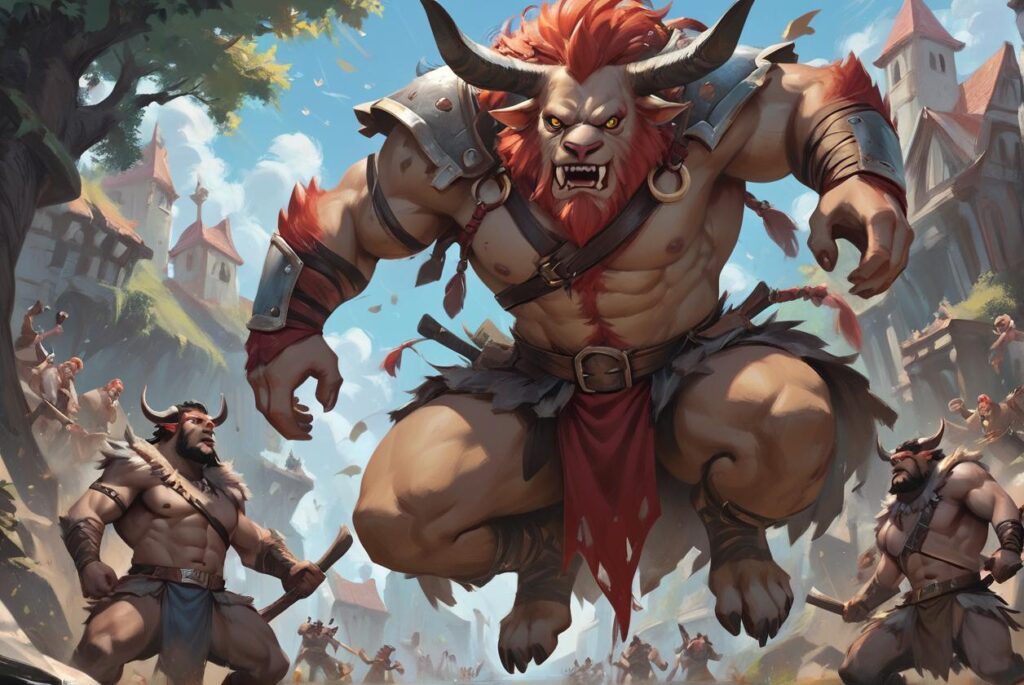
Effective World-Building Strategies
I like to approach worldbuilding with “What If” questions. What if in your game people could breathe in space? Would they build cities in space? Spend their vacation on asteroids? How would it affect their daily lives? What would they believe in? What would the politics be? Exploring “what if” -s you’ll find yourself overwhelmed with a barrage of ideas. And don’t settle for the first ones that come to mind. Allow yourself to explore.
It’s also important to make your world feel bigger than the player. After all, the world was not built around the main character – the main character lives IN it. There are factions, nations, and characters – all exist in your world regardless of the main character. Ask yourself, what happens if you remove your main character? What if you pick another character as your main? What does life look like for an average person living in your world?
No matter what ideas you come up with, they are all limited to your perspective. The most vibrant fictional worlds don’t come from a single mind but from a synergy of ideas and perspectives. Sit down with other people in your studio and brainstorm. Let them share their input. The advantage of collaboration is that you “complete” each other. Your idea might be solid, but someone else’s idea can explore it further and add an interesting edge. Or point out a major flaw you missed. Reflections from outside help a lot.
Techniques for Character Development
A character is defined by its strengths, flaws, personality, goals, fears, and values. With these, you should have a clear picture of what the character would do in certain situations. A noble hero would rush to rescue a kitten stuck on the tree. A sadistic character might try to harm the kitten. An educated character would know that cats climb up and down trees with ease, and thus, would leave the animal alone.
But does this really make characters interesting? As decades of media have shown us, the most interesting characters are contradictory. Imagine someone who commits genocide but then rescues a kitten from a tree. Or someone who ruthlessly shoots the kitten with a fireball, only to reveal that this is an evil wizard in disguise. It’s not that these characters contradict their characteristics. In their minds, their actions make perfect sense. The key here is to omit certain details and create mystery around their actions. To toy with the audience’s emotions and make them ask questions.
It does NOT mean that all your characters should be complex and mysterious. It’s perfectly fine to have predictable (but well-developed) characters that serve as complementary to the protagonist. After all, characters don’t exist in a vacuum. They serve as a reflection of the protagonist’s traits – the different voices in their head. Some help them stay true to their ideals, others tempt them to the dark side. Think of characters not only as individuals but also of their interpersonal dynamics and their roles in the story.
Crafting Meaningful Decisions
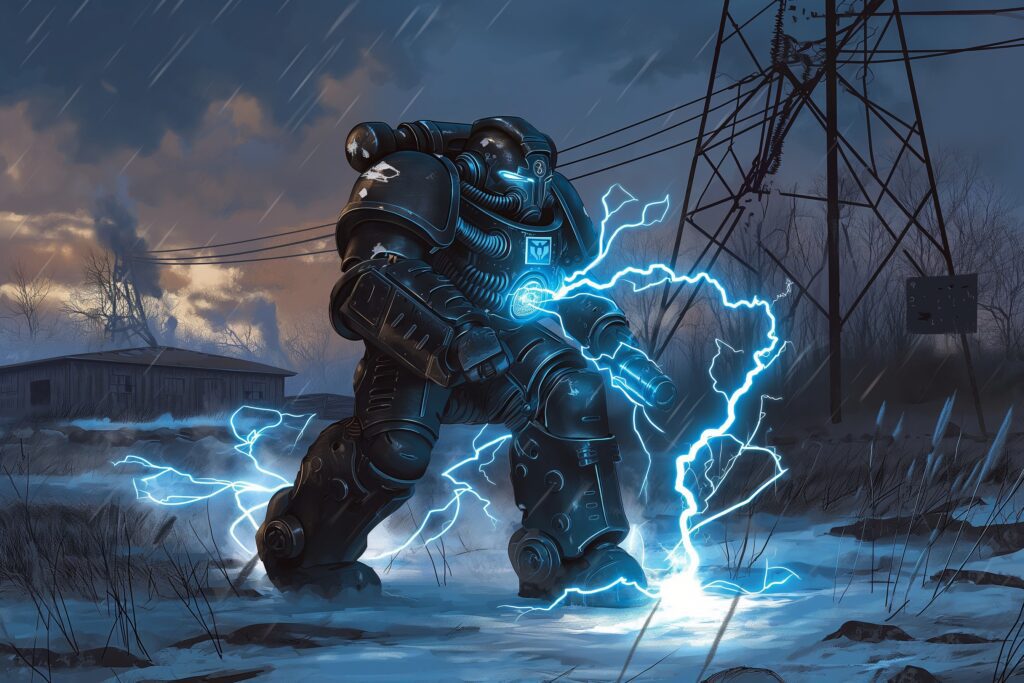
A character’s choice is a fight for their principles. Your character wants something, but there is that line they will never cross to get it. Or will they? How badly does your character want it? A meaningful choice forces the character to cross a threshold and make a step toward becoming a different person. Whether it’s a path to redemption, downfall, realization, or acceptance – it’s always an array of crossed thresholds.
And how does it work when players make the choices? Not that different. Your player is a person too, a character of their own story. Just like your character can cross thresholds, so does the player. Some players feel bad for being rude to NPCs, others happily slaughter entire villages for loot. And some go FROM being nice to NPCs TO slaughtering entire villages, and vice versa. As long as your characters are interesting and make your players love or hate them, the choices that impact their fates will be meaningful.
Also, not all player’s choices need to have consequences. There is a place for non-consequential choices as well. Sometimes, whether you gain an artifact as a reward for helping an NPC, steal it from them, or take it by force – you still get that artifact. No one will confront you if you choose the “bad” option. But how will you, the player, feel about it? Choices without in-game consequences may have an even stronger emotional impact on the player because these remain in your consciousness.
What are your strengths in writing and narrative design?
My strongest part is writing dramatic scenarios, whether it’s climactic scenes, plots, or story arcs. The ability to “feel” the emotional journey on a subconscious level. To feel when it stays true to the character and the theme, and when something feels off.
Right after comes writing lore and worldbuilding. To craft immersive worlds and fill them with essence. This particular aspect taught me three things – working in a team, accepting critique, and developing a passion for iteration.
Another of my strengths is incorporating the story into gameplay. To craft story beats and moments with the available narrative tools, to balance the pacing, and to make sure the narrative is aligned with the core design pillars of the game.
And to that end, I had to develop another strength – collaboration. Games are not a muse in the depth of your mind, they are a team effort. My strength lies in collaborating with creatives from various disciplines (art, programming, music, level design), taking into account their needs and expertise, and making sure we all work in synergy to bring our vision to life.
Exploring Favorites
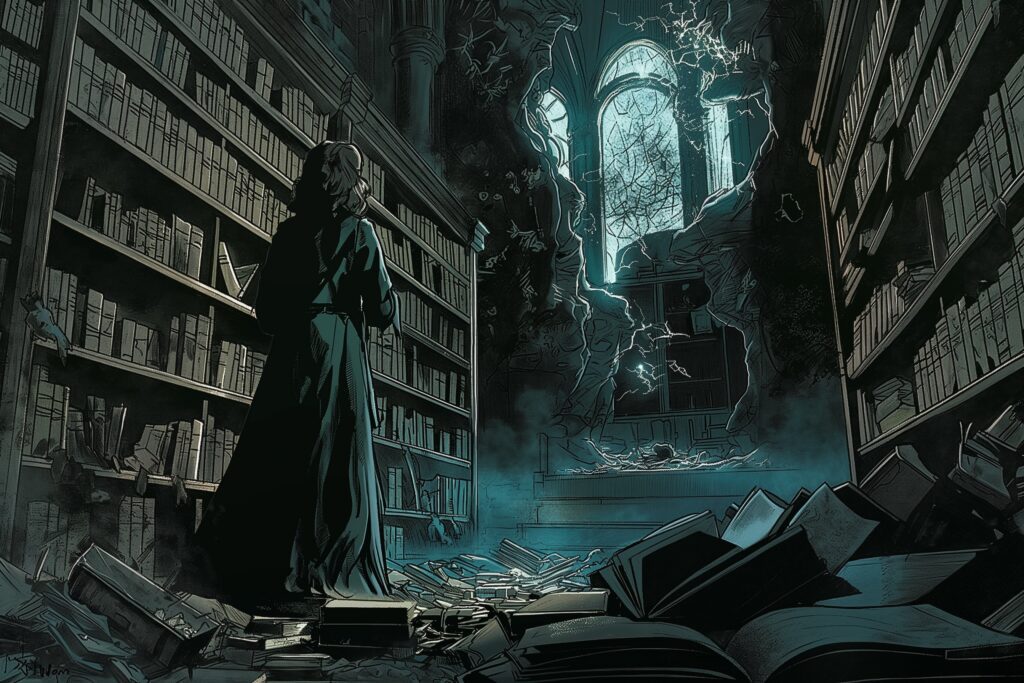
Favorites change over time, and it’s hard to pick one. If I were to choose the ones that left a mark on me, that would be the Legacy of Kain game series. Legacy of Kain tells the story of the individual’s rebellion against the system. But it does so in a rather philosophical way, delving deeper into what the system and the individual are. It explores the themes of ‘fate’ and ‘free will’, and shows their various aspects and implications.
What I like about Legacy of Kain, is that despite being full of allegories and metaphors, it manages to captivate with its powerful story and characters. And the world! It manages to capture its changes across the timeline. Some eras show society dominated by a collective system, while others show individuals taking the upper hand. In both cases, the game reflects the changes triggered via individual decisions and their implications on the world around us. And yet, despite the overwhelming changes, some things remain constant.
If you are into slow-paced fantasy with philosophical elements, I would absolutely recommend Legacy of Kain.
Which games or stories have you worked on?
I’ve worked on a wide range of games, be it in a professional capacity, indie games, game jams, or collaboration. The list includes Five Heroes, a turn-based fantasy RPG; Solaria: Dawn of Heroes, a vibrant Diablo-like ARPG; and Eden Falling, a gritty post-apocalyptic survival.
Currently, I’m working on an unannounced 3D puzzle platformer; another unannounced single-player RTS, and Solar Sails: Space Pirates, a story-driven space-action RPG.
In addition to video games, I filmed two short films, one of which was screened at the NNF International Festival.
A Wish for Interactive Audio Stories
My pick is easy – Dark Souls. Probably the 3rd installment. The dark gritty atmosphere, the mystery, the sense of decay – I believe it would translate well into the audio format. There is so much potential. Especially in audio descriptions of the environment. The story would be about an Ashen One who refuses to burn themselves in the sacred flame to repair the world (check out the Dark Souls lore for reference). Instead of self-sacrifice, the hero would search for hope in the decaying world, and prove that there is something left to live for.
Register for our Free Writing Workshop now!
If you are interested in creating your own interactive audio story, you can apply for our free webinar! It will introduce you to our interactive story game engine, TWIST, and teach you how to use it to create interactive audio stories.
Interested in contributing to our blog series?
If you would also like to publish a blog post on our website and share your own story with interested readers, simply fill out the contact form.

